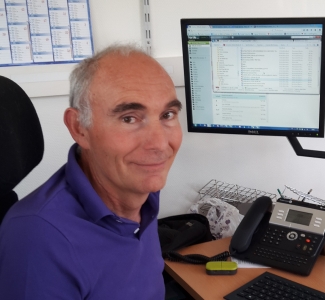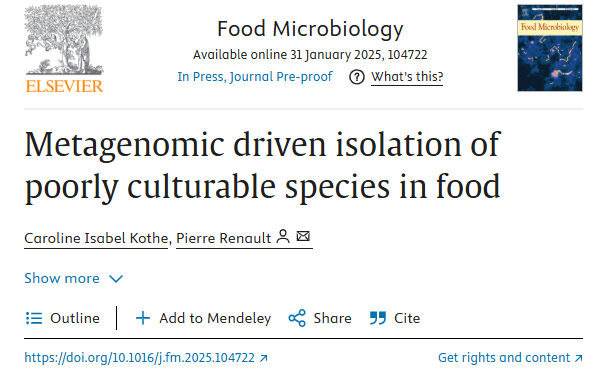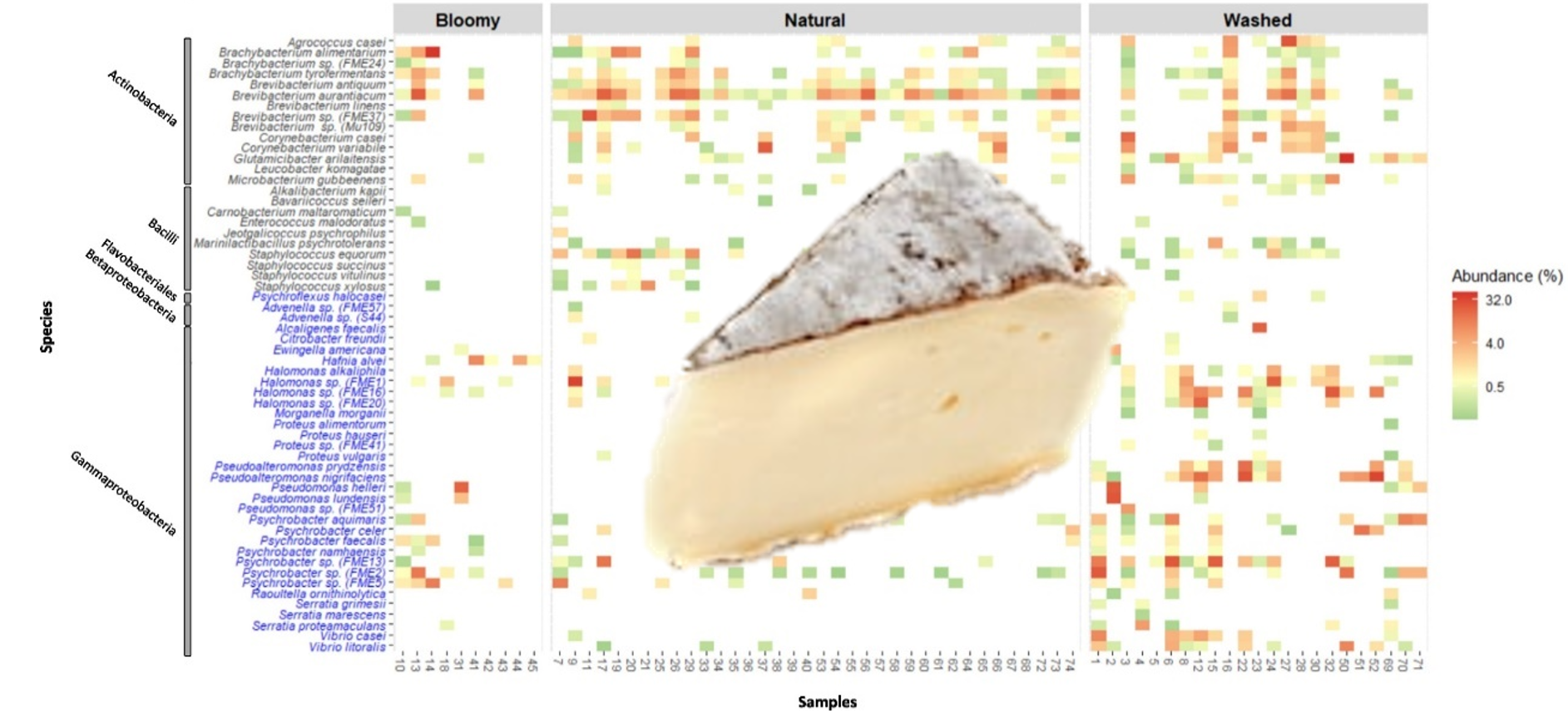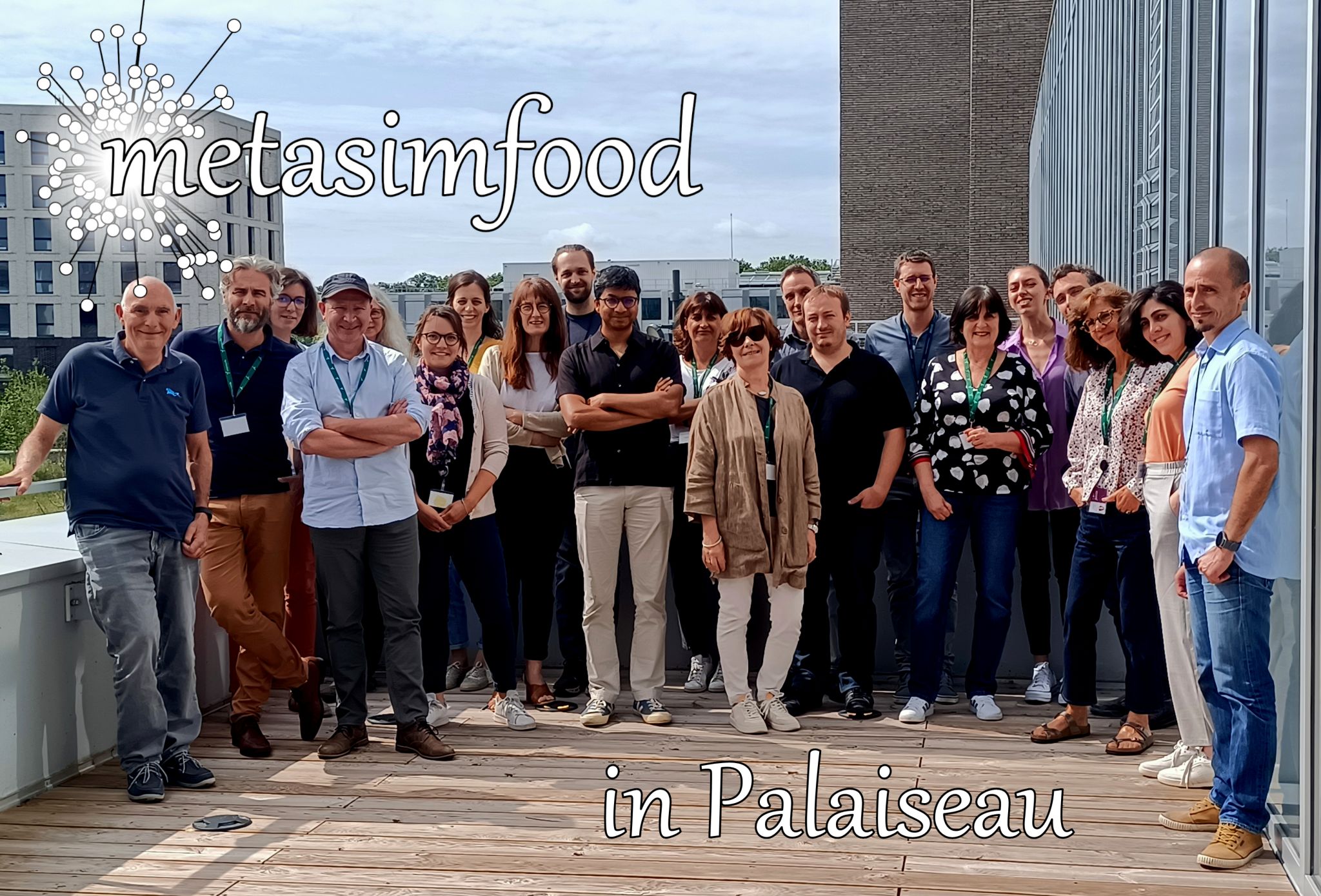+33 1 34 65 25 27

Pierre Renault
Research Director
At the beginning of his carrier, Pierre developed pioneer researches on genetics and physiology of food bacteria, in particular lactic acid bacteria (LAB). It included the characterization of the first positive-regulator in G+ and lactic acid bacteria, and then the development of genetic engineering systems in LAB. He developed knowledge on metabolism of LAB, such as amino acid biosynthesis, sugar assimilation, flavor development, exopolysaccharide production, and gene regulation.
From 2009, he redirected part of his activities on human intestinal microorganisms that intimately interact with human physiology and may protect or favor metabolic disorders in conjunction of changes induced by diet, lifestyle and health. In this respect, it develops studies on a gut bacteria model species, Streptococcus salivarius. Furthermore, he participated to the development of metagenomic approaches to establish relationships between components of the human intestinal microbiome and metabolic disorders such as obesity and inflammatory bowel diseases. This includes the development of bioinformatic tools for data analysis generated by the New Generation Sequencers.
Currently, in the framework of a newly created team “Food Microbial Ecology” gathering skills in food microbial ecology, metagenomics and bioinformatics, he manages researches on microbial ecosystem construction and microbial interaction in food and their impact on food safety and quality with cutting edge approaches based on shotgun metagenomics.
Last related news

Metagenomic driven isolation of poorly culturable species in food
Feb 04, 2025
A new article entitled “Metagenomic driven isolation of poorly culturable species in food” from Caroline and Pierre has been published in Food microbiology journal1.
-
Kothe et al. *Metagenomic driven isolation of poorly culturable species in food. Food Microbiology. 2025 ↩

New Halomonas species isolated from French cheese rinds
Jan 29, 2024
Halophilic and halotolerant bacteria are generally considered to live in natural environments such as see, although they can also be present in foods such as cheese and seafood. These salt-loving bacteria have occasionally been characterized in cheeses, and studies on their ecological and technological functions are still rare. In a previous study, we systematically characterized these micro-organisms in the rind of 13 traditional cheeses. We identified 35 halotolerant strains1, 8 of which were assigned to the Halomonas genus on the basis of 16S rRNA gene sequence analysis.
-
Kothe et al. Halomonas citrativorans sp. nov., Halomonas casei sp. nov. and Halomonas colorata sp. nov., isolated from French cheese rinds. Int J Syst Evol Microbiol. 2024 ↩

Third scientific meeting of ANR metasimfood project in Palaiseau
Jul 04, 2023
The meeting was organised by sayfood partner in the brand new AgroParisTech building in Palaiseau. These two days were focussed on the milestone around the construction of the food models and construction of artificial microbial communities. We are glad that this important milestone is validated. The project will now enter a more ambitious phase, implementing synthetic ecology strategies to model microbial interactions in the project’s two models (wine and fermented vegetables). The meeting was punctuated by a very pleasant dinner at the living-room in Palaiseau.